The “Three Lines of Defense” is a widely used phrase for describing how organizations should manage their anti-money laundering (“AML”) risk. As the United States Department of the Treasury’s Office of Foreign Assets Control (“OFAC”) regulations has applicability outside U.S. borders, all individuals and entities are required to comply when conducting transactions in U.S. dollars. OFAC requires that institutions must block the accounts and property of specified countries, entities, and individuals. Furthermore, it prohibits the rejecting of unlicensed business with sanctions countries, entities, and people.
The Five Pillars
Four pillars of an AML/Counter-Terrorist Financing (“CFT”) program include a system of internal policies, procedures and controls (the first line of defense), a designated compliance function with a compliance officer (the second line of defense), an independent audit function to test the overall effectiveness of the AML program (the third line of defense), and an ongoing employee training program. The fifth pillar, established by the Financial Crimes Enforcement Network in 2016, requires appropriate risk-based procedures for conducting ongoing customer due diligence. These procedures include understanding the nature and purpose of customer relationships for the purpose of developing a customer risk profile, conducting ongoing monitoring to identify and report suspicious transactions, and maintaining and updating customer information.
The First Line of Defense
Policies and procedures should be specified in writing and communicated to all personnel in order to keep organizations in compliance with regulations. Guidelines should be clearly established for detecting and reporting suspicious activity. Customer-facing staff need the deepest practical understanding of AML/CFT efforts, and need to know how to handle cash transactions and establish loans and accounts while complying with regulatory requirements. Operations personnel should not be overlooked in the training process, as they are often in position to recognize illegal activities.
The Second Line of Defense
A designated compliance officer should oversee the coordination and monitoring of the organizations compliance program, and hold responsibility for reporting suspicious transactions. Advanced, ongoing training is recommended in order to stay on top of requirements and emerging trends. This includes attending conferences and industry training events. The compliance officer’s duties should be kept separate from business line responsibilities in order to avoid conflicts of interest, and they should have a direct line of contact to senior management.
The Third Line of Defense
Independent testing staff is required in order to maintain the third line of defense. This staff should receive its own training and act apart from the rest of the organization in assessing the adequacy of the AML/CFT compliance program, the effectiveness of its procedures, and compliance oversight and training. It is senior management’s responsibility to ensure audit functions are designated to qualified staff.
Complying with OFAC
The board of directors has responsibility for an organization’s AML/CFT compliance program. Leadership must actively support and understand compliance efforts, and seek to manage and mitigate any deficiencies identified. Adequate resources must be devoted to the compliance function, and ensuring an independent, competent party tests the program is one way to assess effectiveness.
Partnering with a third party due diligence provider is a proven way of ensuring comprehensive compliance with strict OFAC regulations. The first line of defense is responsible for onboarding customers, and assessing their source of wealth, account activity, and ownership structure. It is vital that these customers are vetted in order to prevent exposure and risk of processing a transaction on behalf of a sanctioned interest. Business activities, political ties, and geographic exposure can all be investigated as part of this process.
Vcheck Global helps you know more about the people and companies you do business with.
-Brock Treworgy

 Previous
Previous
